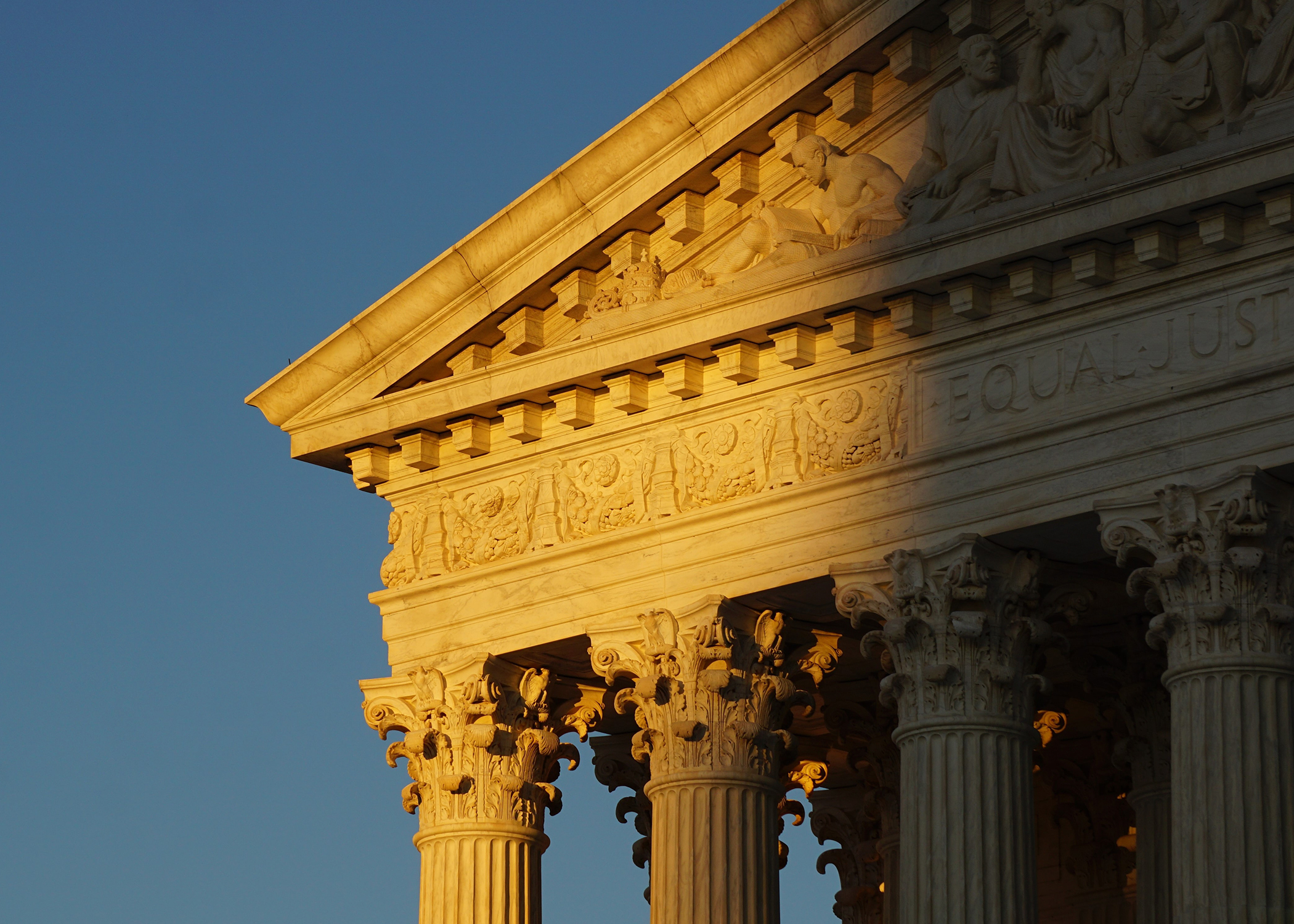
Ian Patrick, FISM News
[elfsight_social_share_buttons id=”1″]
The Supreme Court of the United States picked up a case which could support or dismantle religious liberties granted to Americans in the First Amendment.
On July 2 SCOTUS took up a case known as Carson v. Makin which takes up the question of whether a law in Maine violates the Freedom of Expression, at least according to its Statement of Issue.
Under specified conditions, Maine school districts pay the private-school tuition for certain high-school students. Maine law, however, categorically bars “sectarian” schools from participating in this tuition program. Does this categorical bar on “sectarian” schools violate the First Amendment’s Free Exercise Clause?
A statewide law in Maine offers tuition for students attending certain high schools, instead of maintaining a public school funding. However, religious schools are excluded from these state-funded tuitions even if the families applying for them meet all other qualifications. The case was brought forward by three families in three different towns across the state.
Mat Staver of Liberty Counsel said that the law “discriminates against religious schools.”
Maine’s law discriminates against religious schools and is both unfair and unconstitutional. Faith-based schools make an important contribution to their communities and are part of the foundation of America. Parents need more educational choices for their children.
The 1st U.S. Circuit Court of Appeals in their decision disagreed with the parents’ frustrations that the law violated the First Amendment. The Court said:
In conditioning the availability of that assistance on the requirement that recipients use it for educational instruction that is as nonsectarian in content as the free public education that is not directly available to them, Maine transgresses neither the Free Exercise Clause nor the Establishment Clause, nor any of the other provisions of the federal Constitution that the plaintiffs invoke. Rather, it permissibly satisfies a commitment, rooted in its own founding charter, to pursue the wholly legitimate end of ensuring the distribution of the benefits of a free public education even to those who happen to live in places that cannot provide it of their own accord.
